

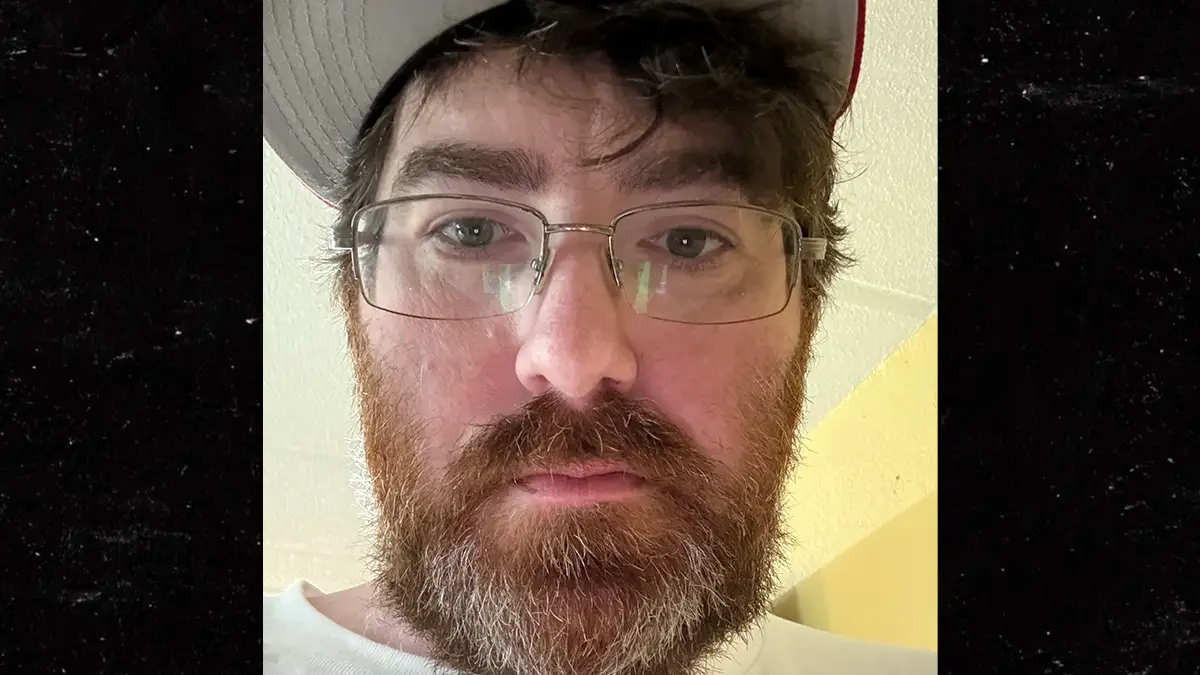
Michael Phillips believes he has the smallest todger out there
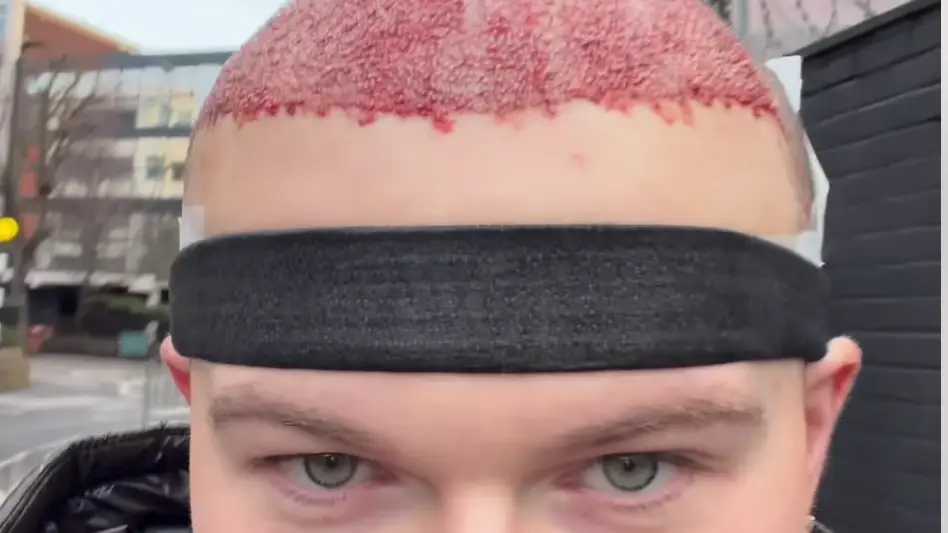
The popularity of hair transplants is continuing to rise, but how painful is the recovery?

What is the world coming to

He doesn't think they were built when history records they were
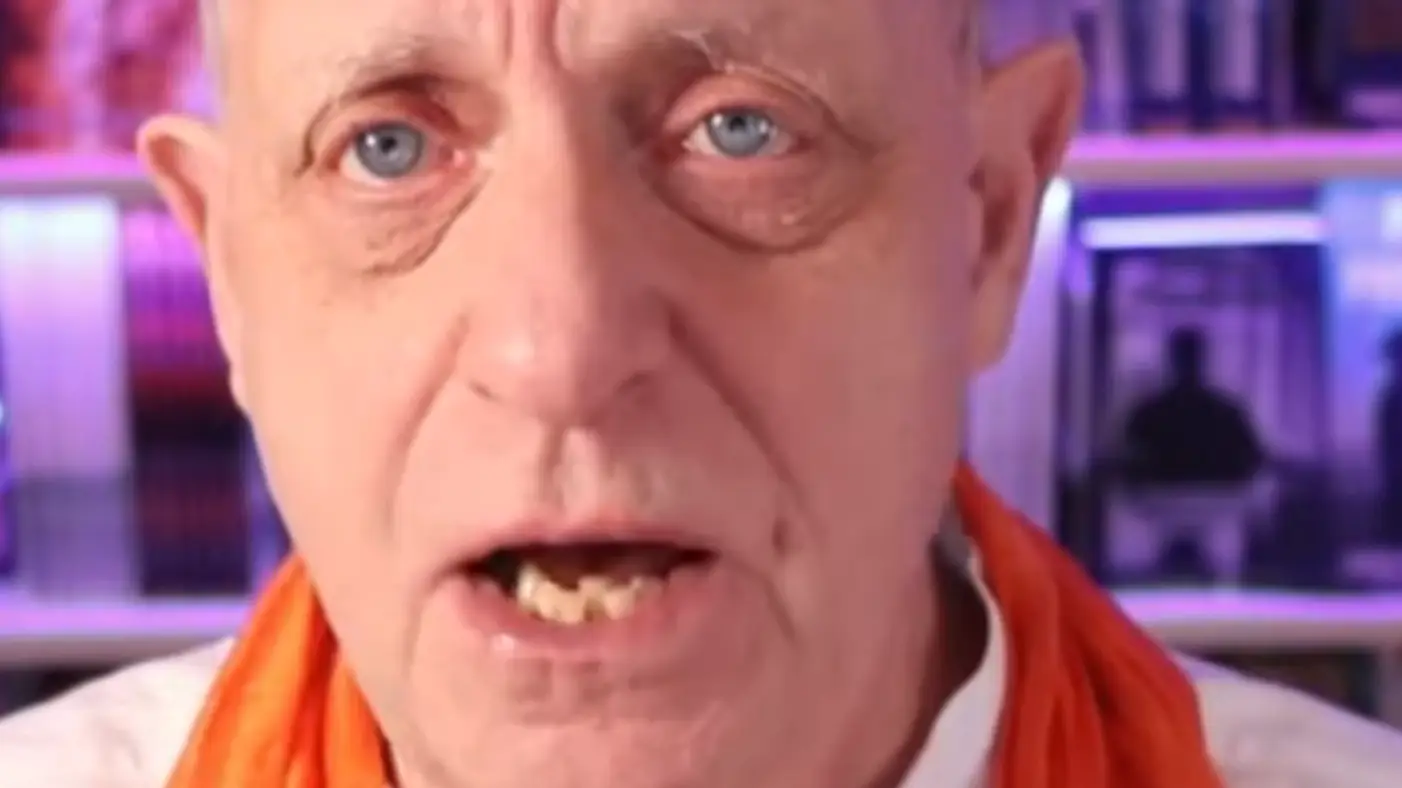
Bad news for anyone expecting a quiet few years
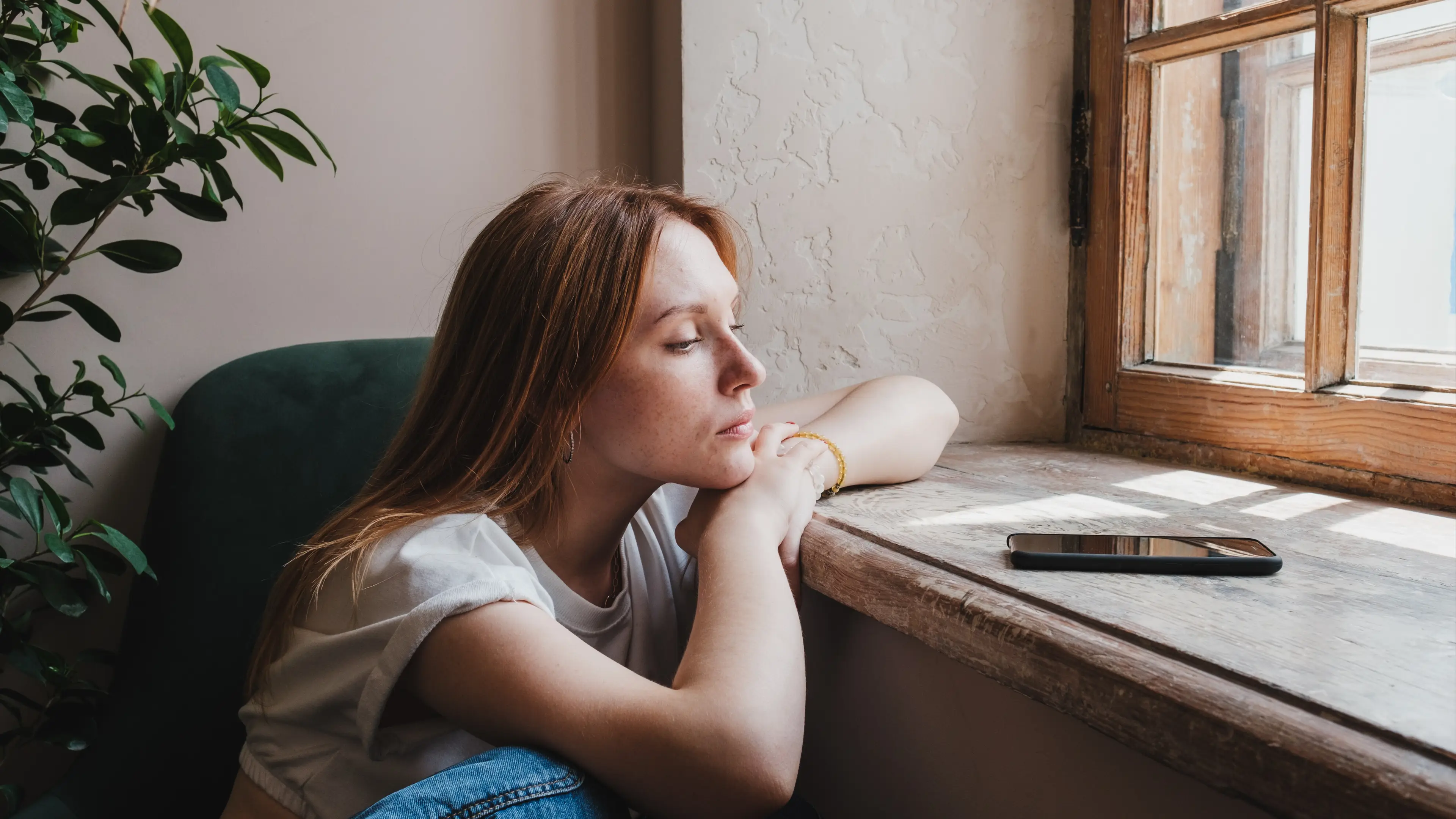
American psychiatrist Rami Kaminski, coined the term
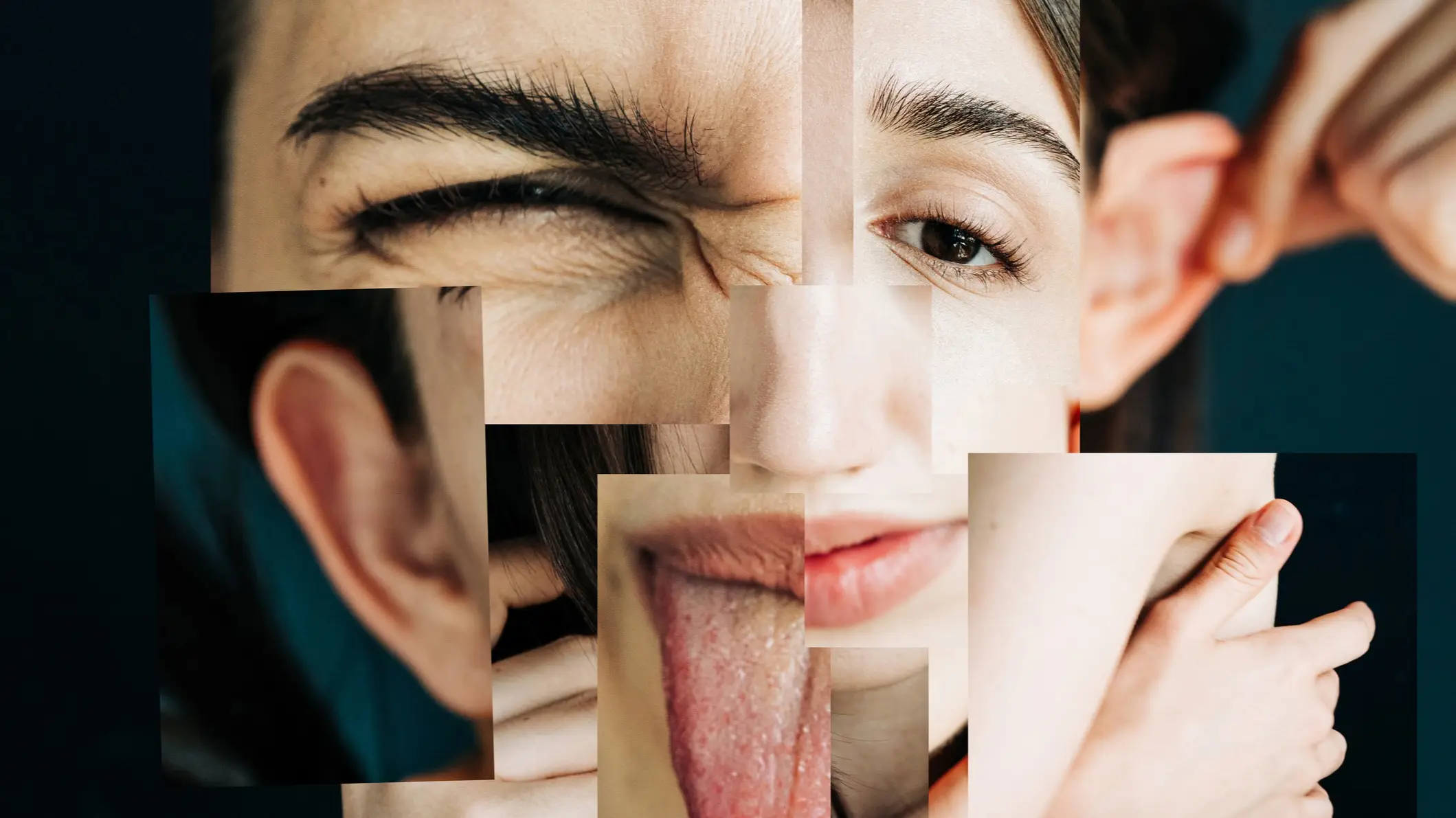
Ambiverts are everyone who doesn't fit into being an introvert or an extrovert
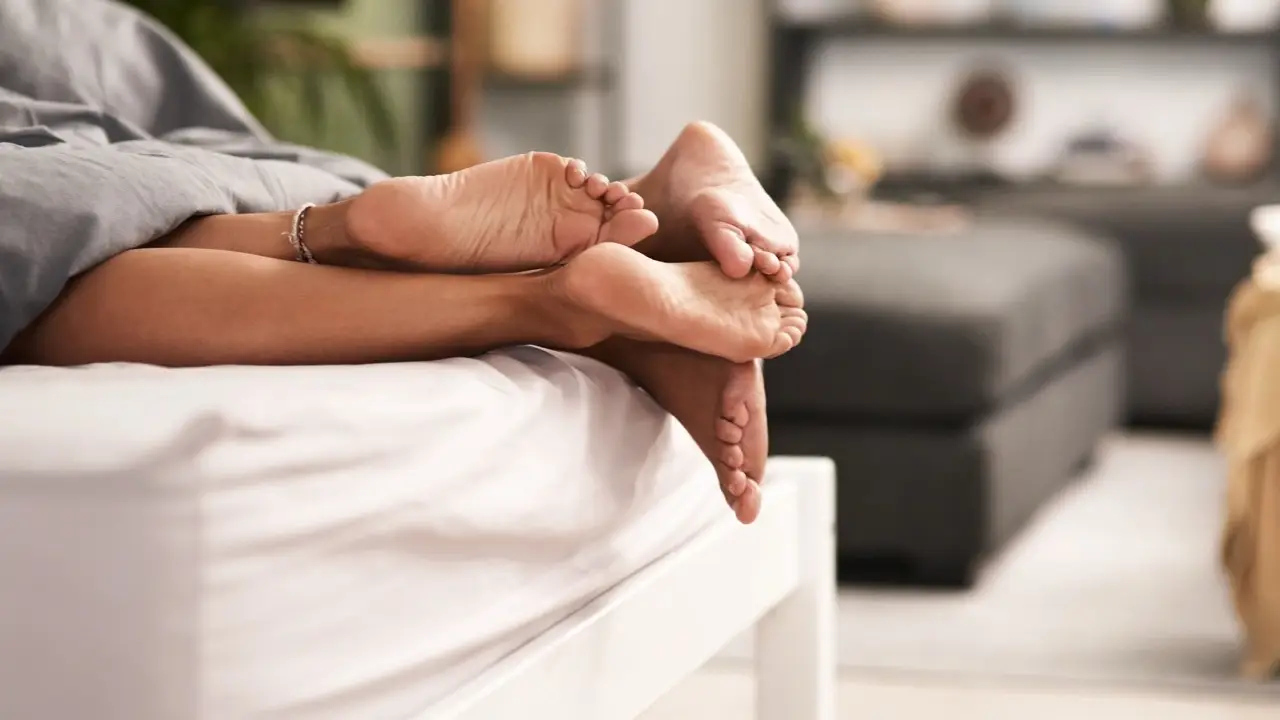
Wet and messy (WAM) fetishes involve a particular type of role-play
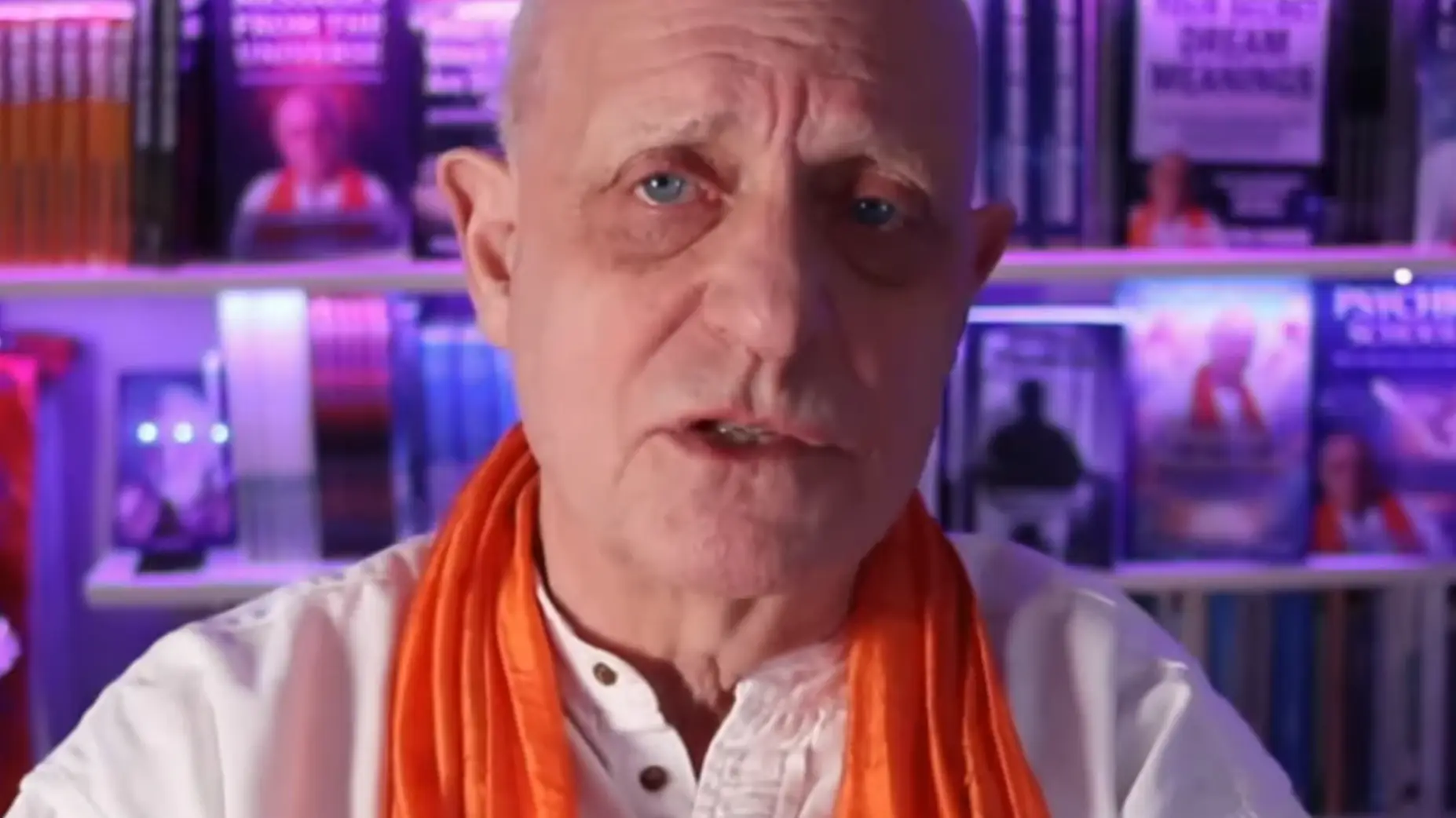
Craig Hamilton-Parker claims to have foreseen a number of major global events
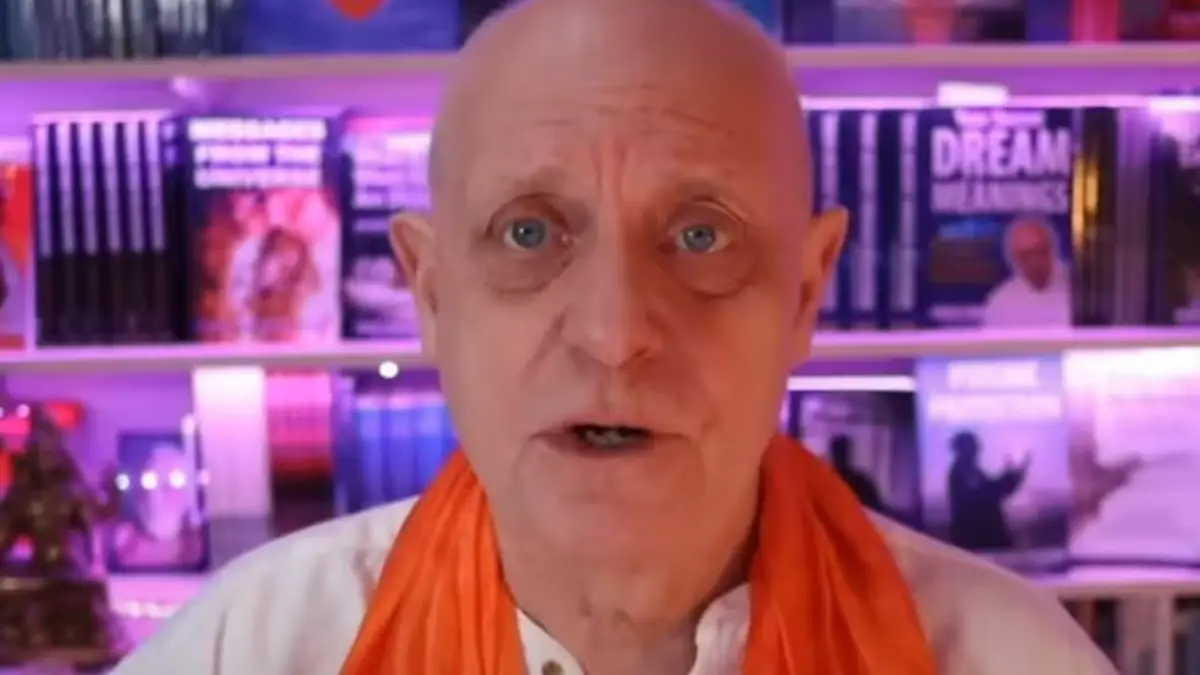
Modern clairvoyants rarely foresee good times ahead

Unsurprisingly, medical experts don't recommend it
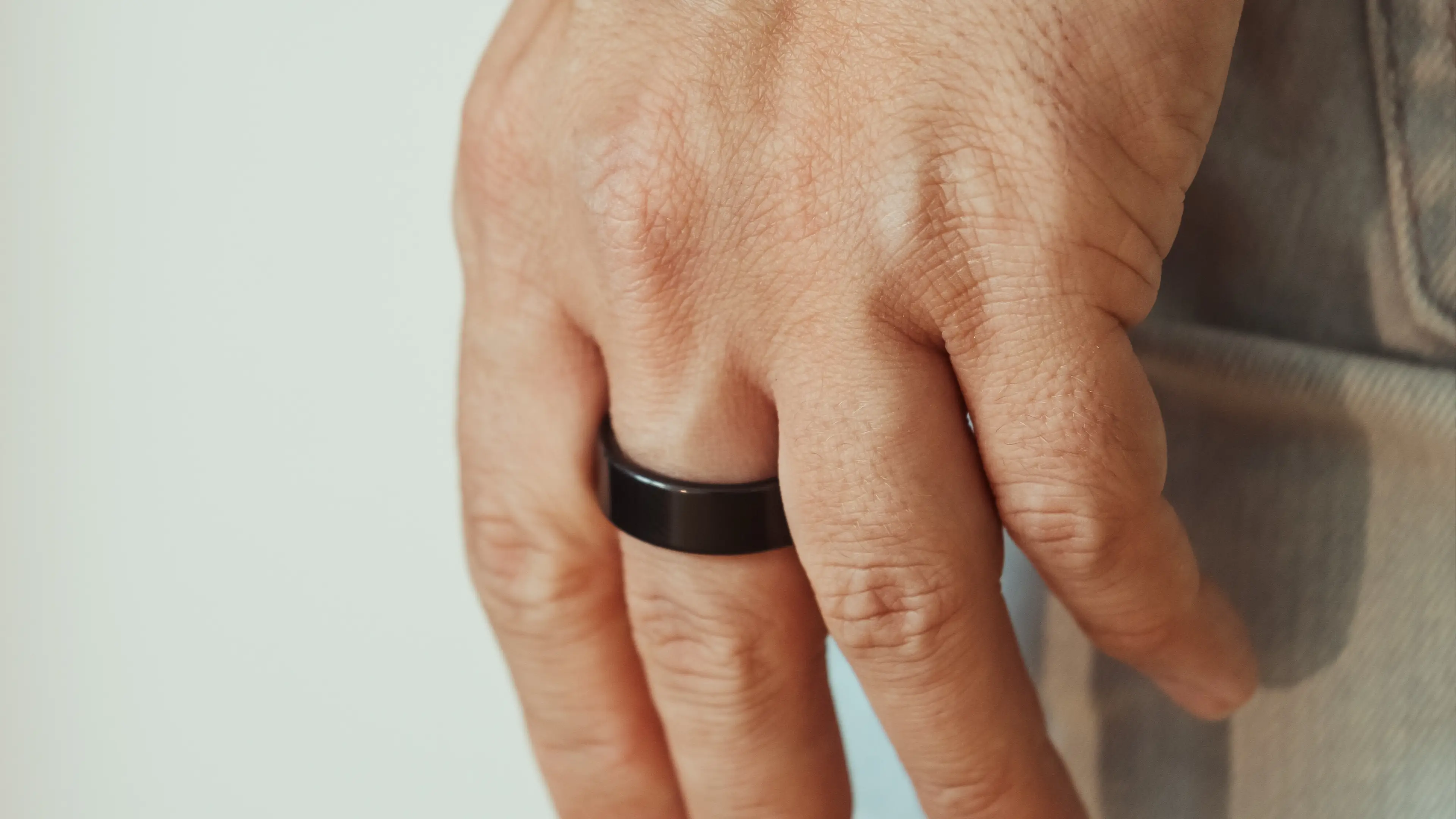
There's rules around how the swinger signal must be worn

Research suggests sex drive has decreased massively
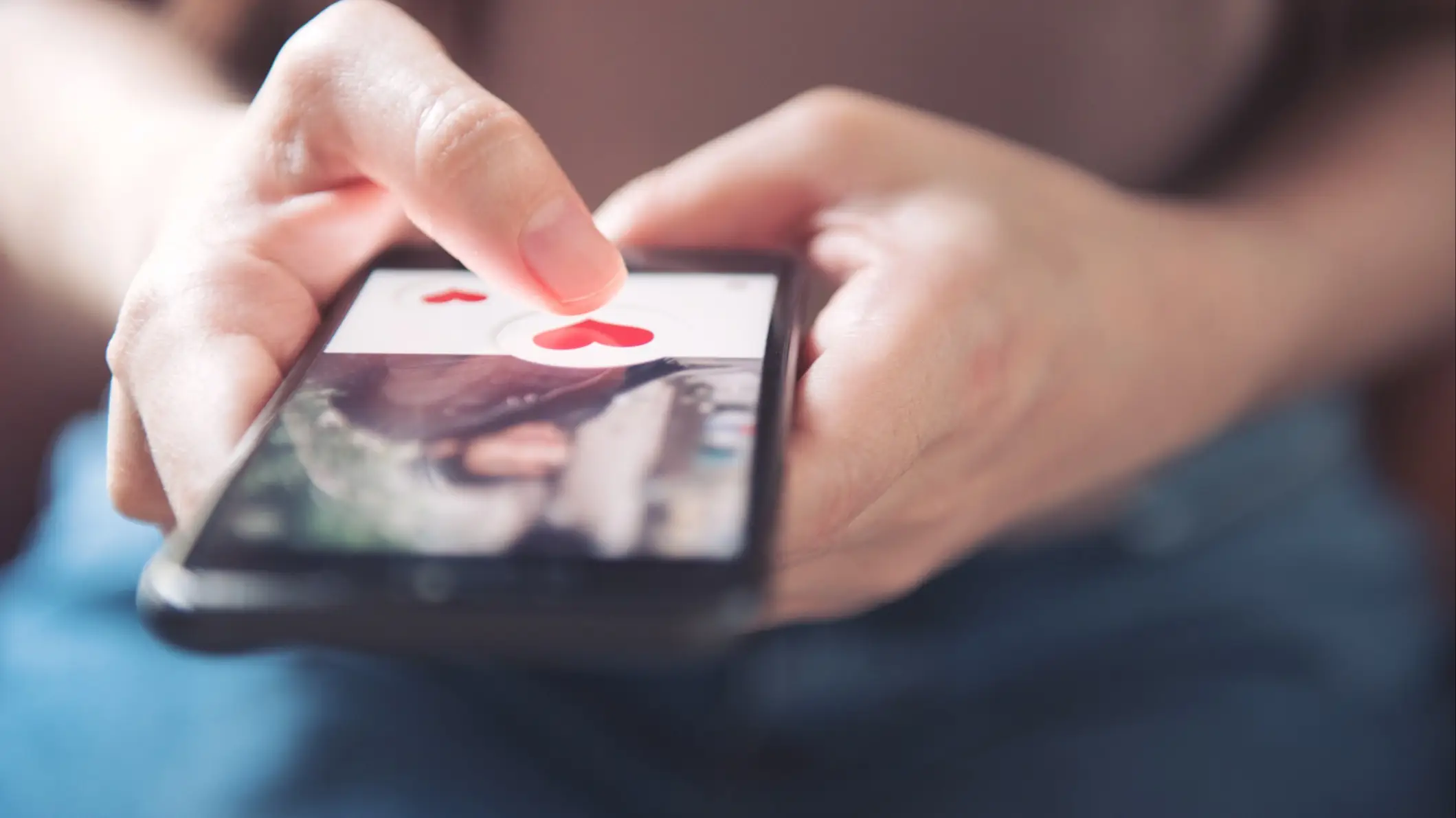
The meanings of all 36 emojis have been listed

Anna and Lucy DeCinque have been on a mission to be totally identical for some time
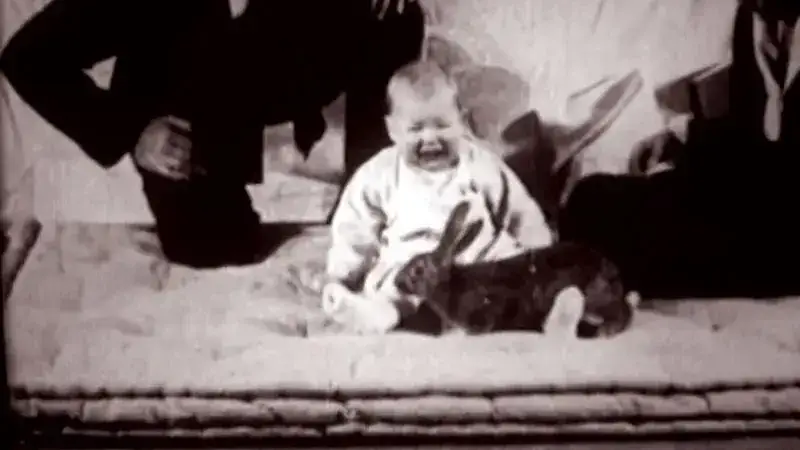
They spent most of the experiment terrifying a child

Campaigners fear their enclosure will 'collapse at any moment'
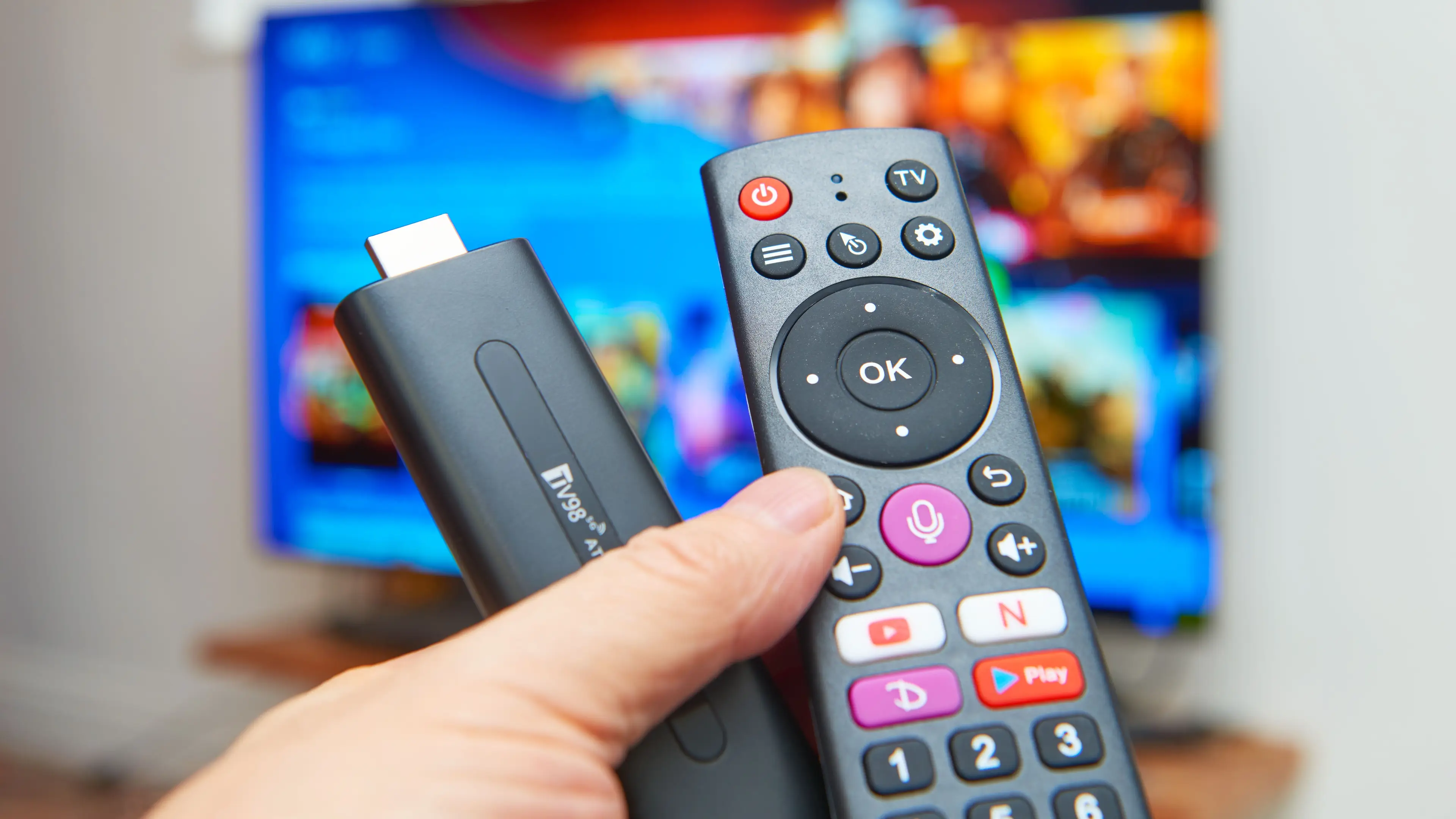
A 'dodgy' Fire Stick is a device in which people are streaming paid-for content via illegal third-party apps
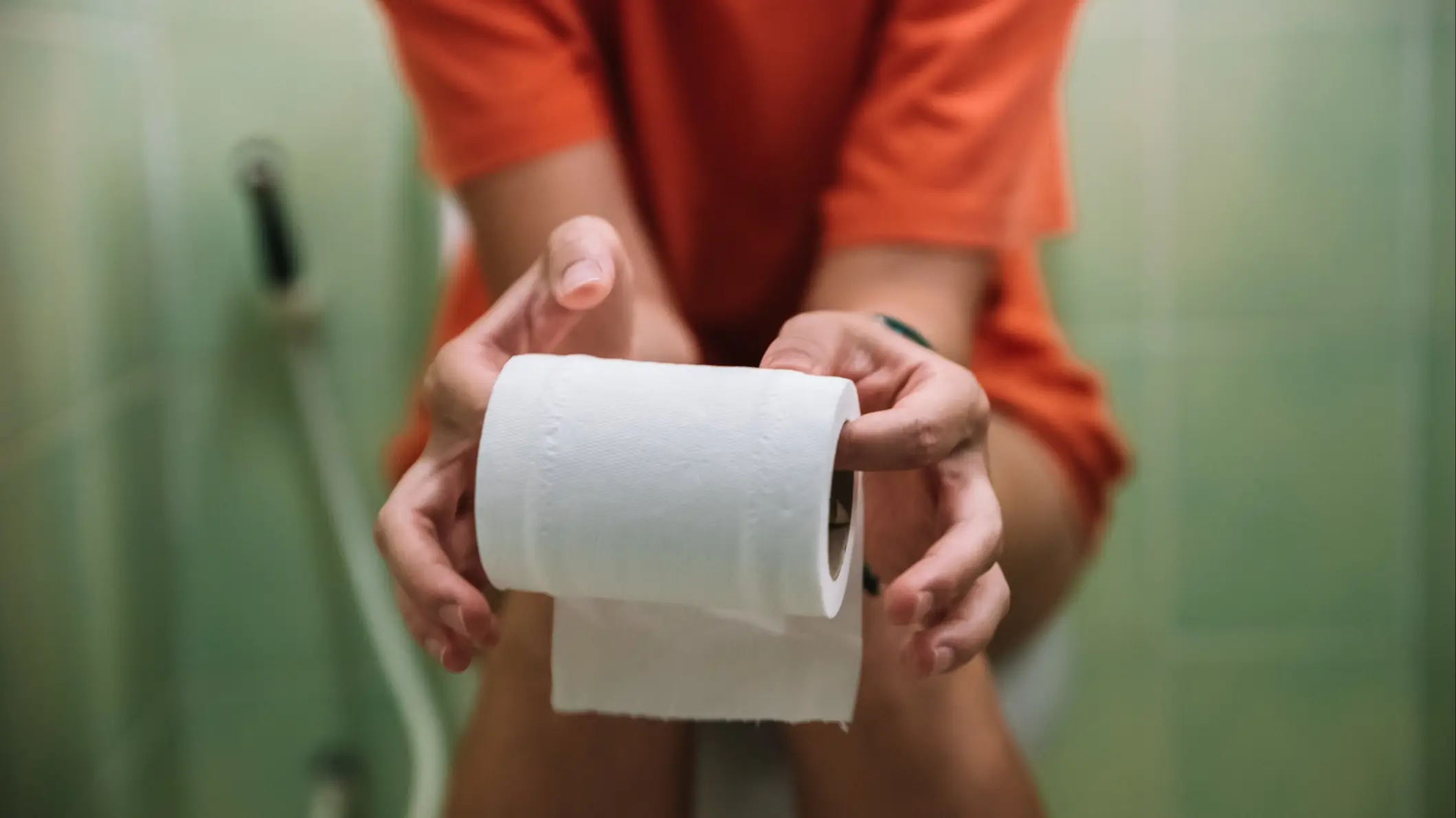
Dr Evan Goldstein, who has the unusual title of 'the bottom whisperer', explained the common toilet error

Influencers Valeria and Camila claimed to be 'conjoined twins' from Miami
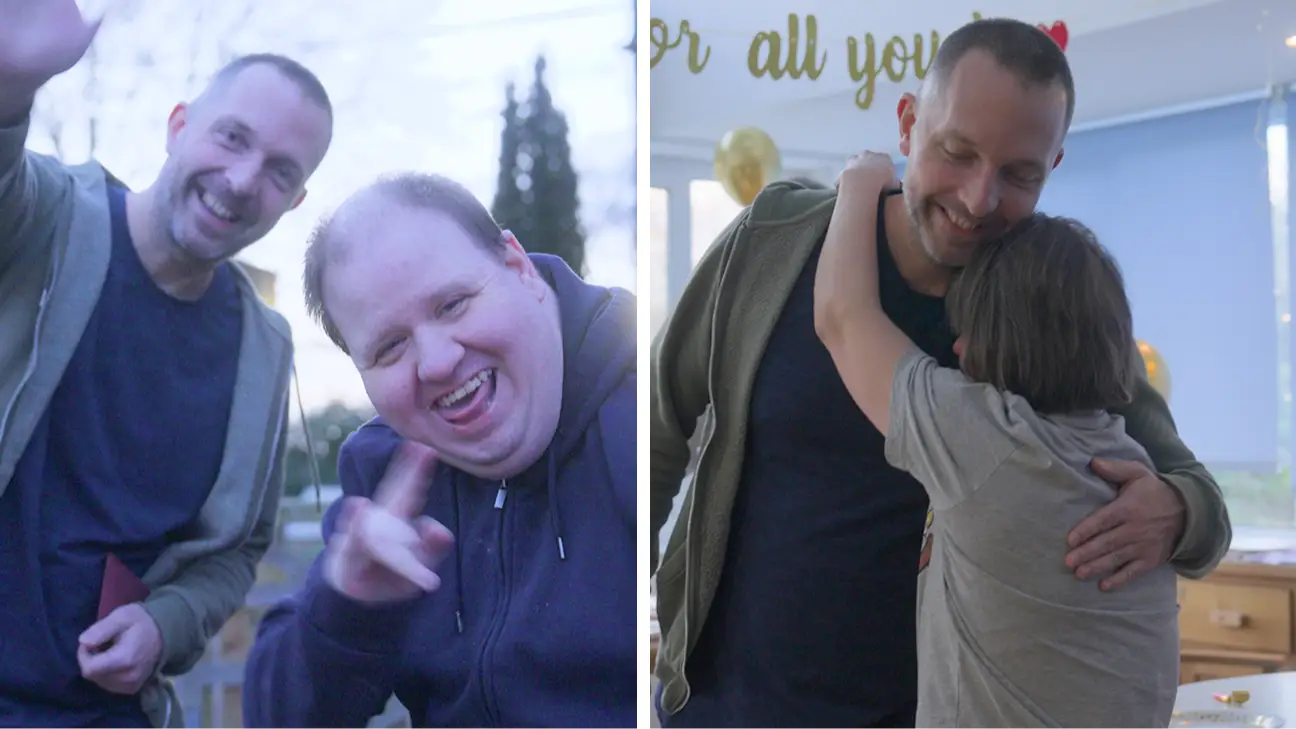
We’ve all heard the saying “careers don’t follow a straight line”, but usually they mean moving from one part of an industry to another.

An expert has weighed in on the influencers
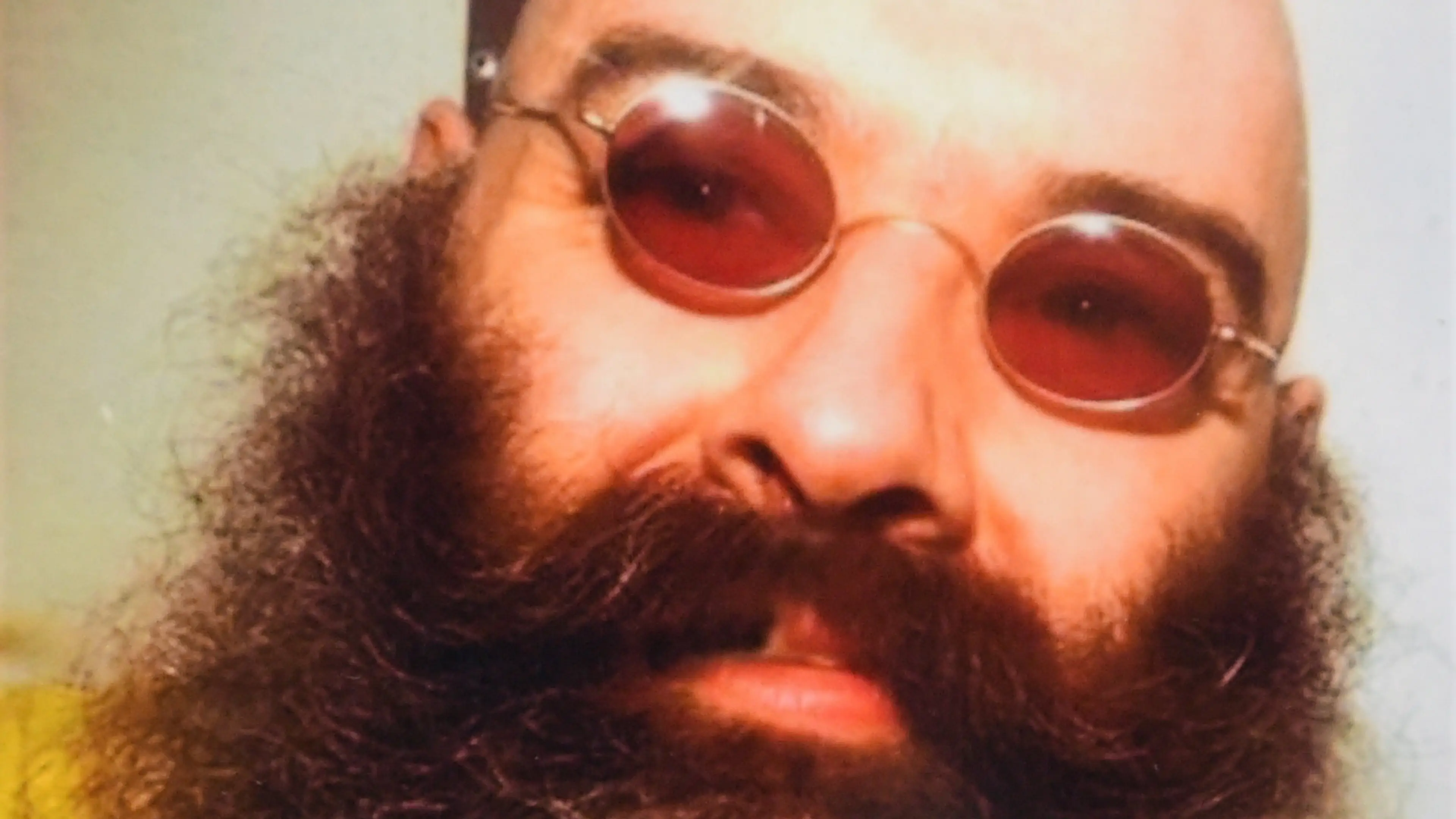
His claims certainly aren't backed by science




